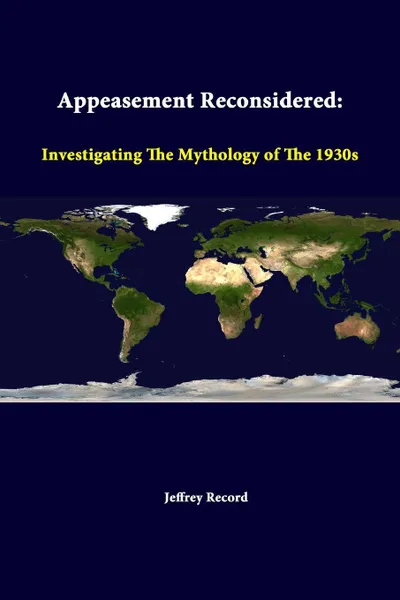Appeasement Reconsidered. Investigating The Mythology Of The 1930s 12+
2014
62 страницы
Категория: Научная литература
ISBN: 9781312318953
Язык: Английский
📓 The appeasement of Nazi Germany by the western democracies during the 1930s and the subsequent outbreak of World War II have been a major referent experience for U.S. foreign policymakers since 1945. From Harry Truman's response to the outbreak of the Korean War to George W. Bush's decision to overthrow Saddam Hussein, American presidents have repeatedly affirmed the "lesson" of Munich and invoked it to justify actual or threatened uses of force. However, the conclusion that the democracies could easily have stopped Hitler before he plunged the world into war and holocaust, but lacked the will to do so, does not survive serious scrutiny. Appeasement proved to be a horribly misguided policy against Hitler, but this conclusion is clear only in hindsight-i.e., through the lens of subsequent events. Dr. Jeffrey Record takes a fresh look at appeasement within the context of the political and military environments in which British and French leaders operated during the 1930s. .
Мнения
